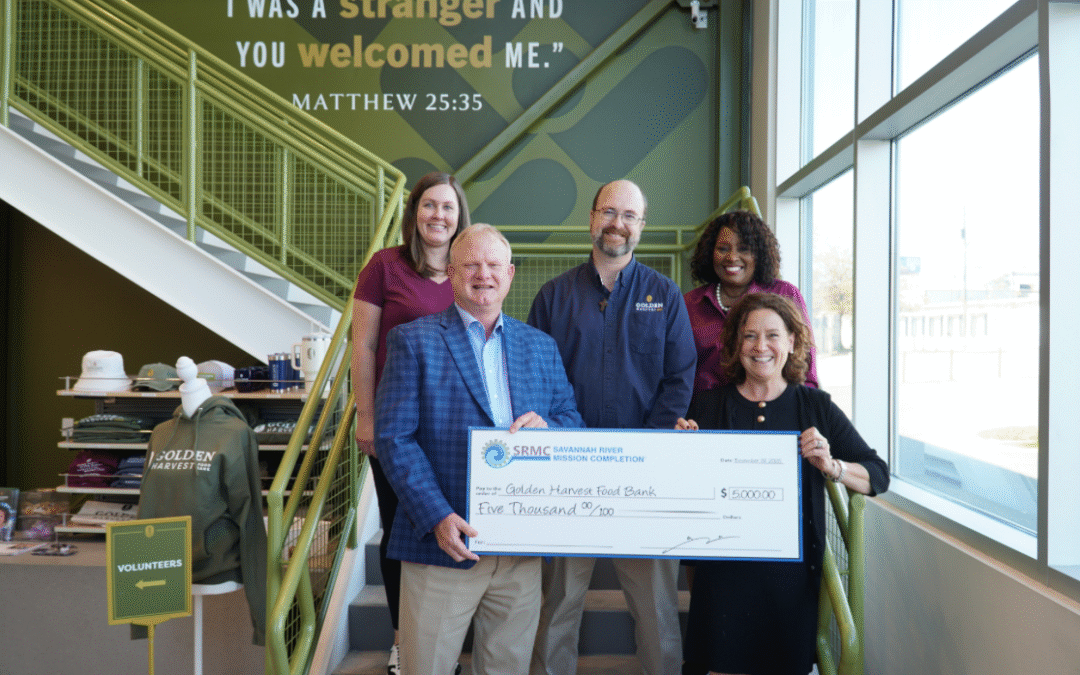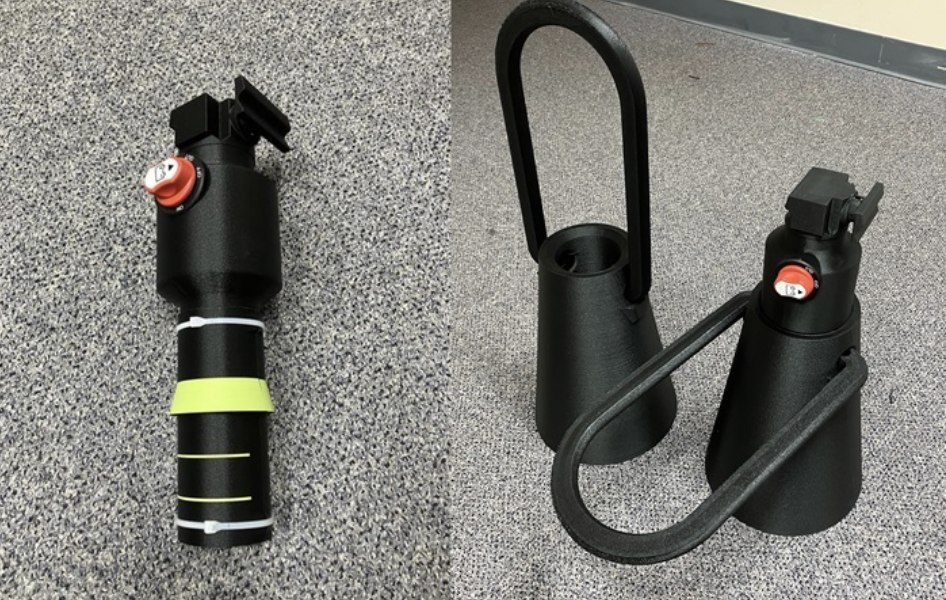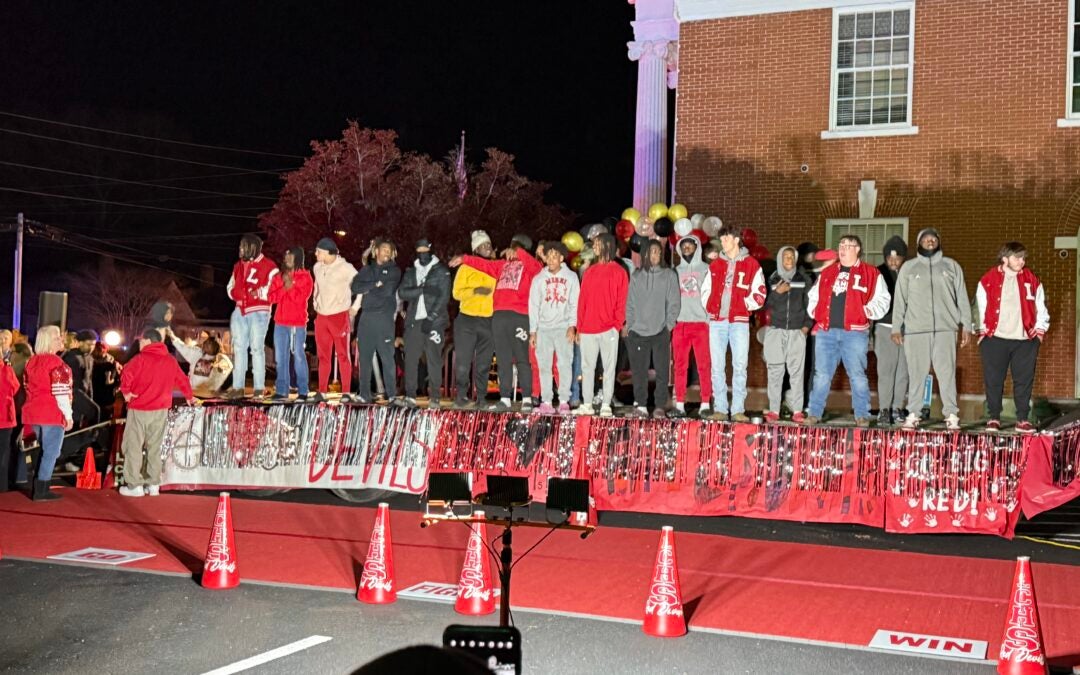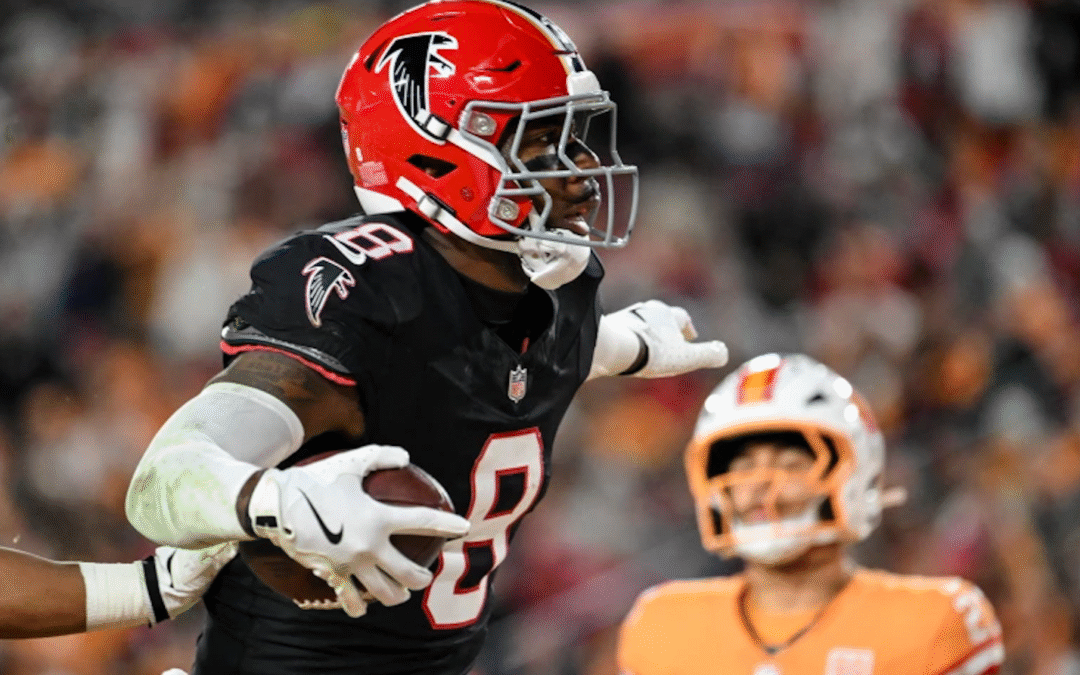Not too long ago, a young executive shared with me that in his corporate role, he was asked to lead a great deal of meetings. He asked me if I would mentor and coach him on the core competencies and skills an effective leader needed to master.
Always open for a challenge, I sat down with a pen in hand and started to list what I experienced and learned were important meeting leader skills. The more I thought about my nearly five decades of leading meetings, the more I realized the list of skills was massive. And so, dear reader, I am not suggesting that you master each of the following items. I am, however, suggesting you focus on your personal skill-building as it relates to many of them.
Some may be skills you’ve mastered years ago… some may be skills you’ve forgotten about… and some may be skills you need to learn. Remember, “When you’re through learning, you’re through!”
My list follows. Please note they are not in rank order of importance:
- Using one of Stephen Covey’s 7 Habits of Highly Effective People, planning for an effective meeting starts with the end in mind. Before scheduling, determine the meeting’s objectives and desired outcomes.
- Craft a detailed agenda and distribute it in advance, allowing participants time to prepare. Become skilled in arranging and presenting meeting content and activities to ensure understanding, learning, and stellar communication.
- Gather materials and ensure all necessary handouts, documents, and resources are organized and available.
- Establish meeting ground rules. It’s important for a meeting leader to set expectations for participation, meeting flow, time management, and respectful communication.
- Meet your meeting’s time commitment. Start and end on time. This shows you respect everyone’s time.
- Obsess with staying focused. Use your published agenda as your meeting guide so you can redirect questions or distractions when they arise. Let the agenda be your roadmap.
- Encourage (and facilitate) participation and interaction. Create a safe, sound, and sane place for everyone to share their thoughts and ideas.
- Record meeting proceedings. Whether you do it or appoint a “scribe,” take notes focusing on key discussions, decisions, action items, and next steps.
- After the meeting, share notes and action items promptly. This reinforces conclusions and ensures clarity.
- Great meeting leaders master the art of asking questions. This facilitates interaction and shows that you care about others’ opinions.
- Become a master of varying methods and materials. Use slides, movie clips, handouts, pre-reads, key questions, debates, and more. Avoid being predictable and diversify your strategies.
- Flexibility is also key to leading successful meetings. As John Lennon wrote, “Life is what happens to you while you’re busy making other plans.” Things change—especially in meetings where there’s a wide range of opinions. Master the art of being both flexible and adaptable.
Although I diligently tried to research its origin, I couldn’t find the source for what has been called “The 5 P’s of Effective Meetings.” Nonetheless, I’ll share it with you, wishing I could give some bright visionary proper attribution:
- Purpose – Why are we meeting?
- Participants – Who are the attendees?
- Preparation – What materials are needed?
- Process – What is an effective flow?
- Payoff – What is our end result?
Fortunate to have had a friendship with the late General Colin Powell, I vividly recall him saying to a group, “Meetings often become ineffective due to a lack of preparation, unclear objectives, abysmal communication, and a failure to respect all the attendees’ time.”
He continued, “A great, world-class meeting is one that is efficient, productive, and inclusive—achieving its stated objectives, fostering collaboration, and leaving all attendees with clear, actionable outcomes.” He repeated for effect, “…clear, actionable outcomes.”
In the end, if the real objective is to reach “clear, actionable outcomes,” then there is no right or wrong. World War II hero General George S. Patton said, “In a robust, productive meeting… if everyone is thinking alike, then someone isn’t thinking.”









